Minister Pham Thi Thanh Tra said that the draft Law on Organization of Local Government has been revised in the direction of maintaining the local government organization model as in the current law; that is, removing the proposal not to organize People's Councils in urban communes.
On the afternoon of February 12, the National Assembly listened to the presentation and report on the examination of the draft Law on Organization of Local Government (amended).
Presenting the report, Minister of Home Affairs Pham Thi Thanh Tra said the draft law consists of 7 chapters and 50 articles (93 articles less than the current law).
This bill fully institutionalizes the Party's guiding viewpoints and the provisions of the 2013 Constitution to promote decentralization and delegation, creating initiative for local governments according to the principle of "locality decides, locality acts, locality is responsible". Thereby improving the efficiency, effectiveness and efficiency of local governments at all levels.
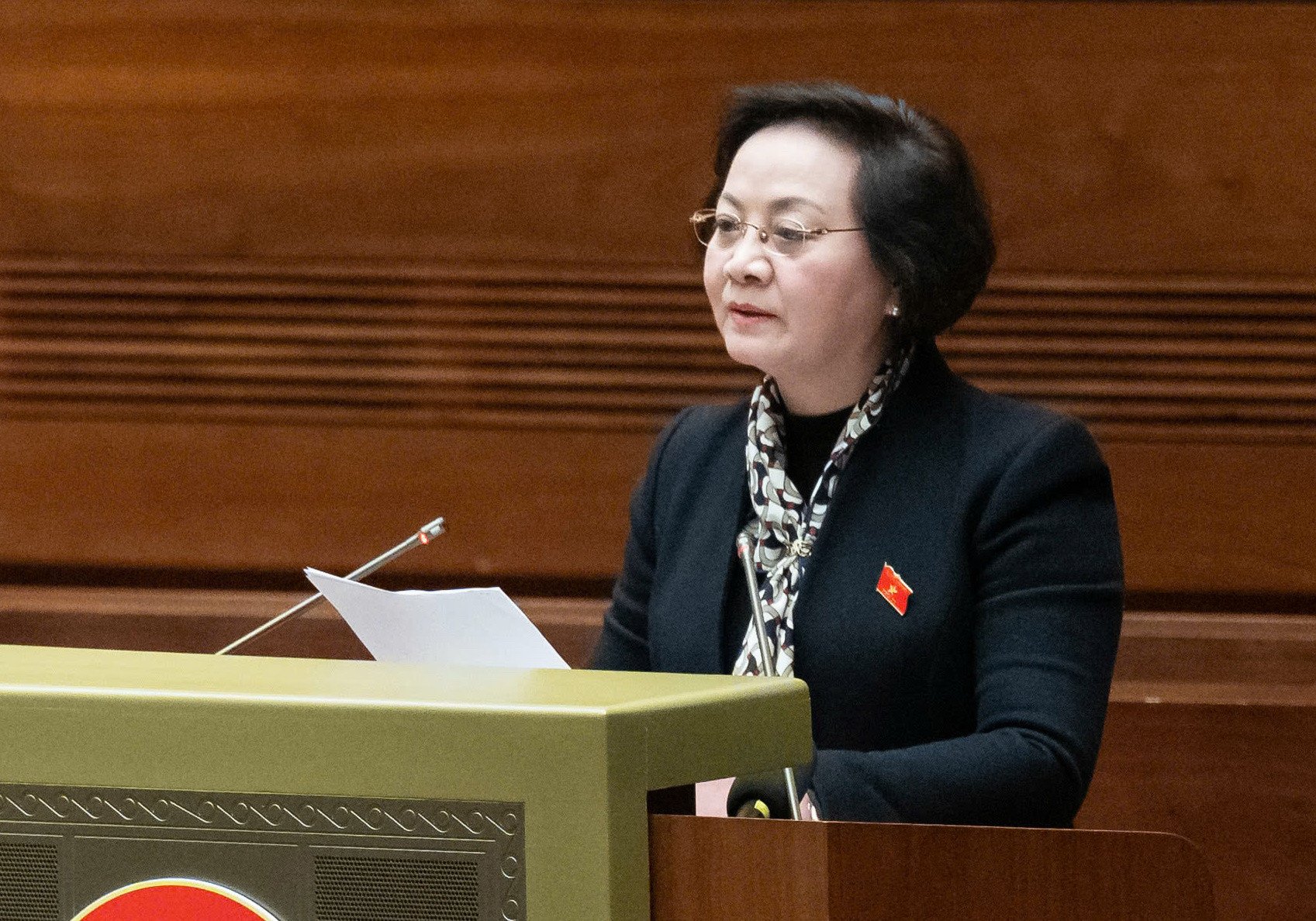
Regarding the duties and powers of local governments at all levels, the Minister of Home Affairs said that, implementing the principle of "clear people, clear work, clear responsibilities" and avoiding overlapping regulations and duplication of duties and powers between local governments at all levels and between local government agencies, the draft law specifically stipulates the duties and powers of the People's Council and People's Committee in each administrative unit.
Specifically, it is necessary to define tasks and powers between the People's Council and the People's Committee; to define tasks and powers of the People's Committee and the individual Chairman of the People's Committee where the local government is organized in the direction of increasing tasks, authority and responsibility for the individual Chairman of the People's Committee.
One of the notable points, Minister Pham Thi Thanh Tra said, the draft law is revised in the direction of maintaining the local government organization model as in the current law.
That is, to abandon the proposal of not organizing People's Councils in communes in urban areas, communes in towns, and communes in cities within cities.
This revision implements the direction of the Politburo and the Conclusion Notice of the National Assembly Standing Committee.
Accordingly, at all administrative units at all levels, local government organizations include People's Councils and People's Committees, except in specific cases where the National Assembly stipulates that they are not local government levels.
This regulation is to ensure the continued implementation of urban government organization in a number of centrally-run cities according to the Law on the Capital and Resolutions of the National Assembly.
Innovate the model at the right time
Examining this content, Chairman of the Law Committee Hoang Thanh Tung basically agreed with the Government's proposal to continue maintaining the local government organization model as prescribed by current laws and laws and resolutions on urban government organization.
Maintaining a stable local government organizational model in the immediate future will create conditions for agencies to have time to "continue to focus on researching and perfecting the overall organizational model of the political system to meet development requirements in the new era".
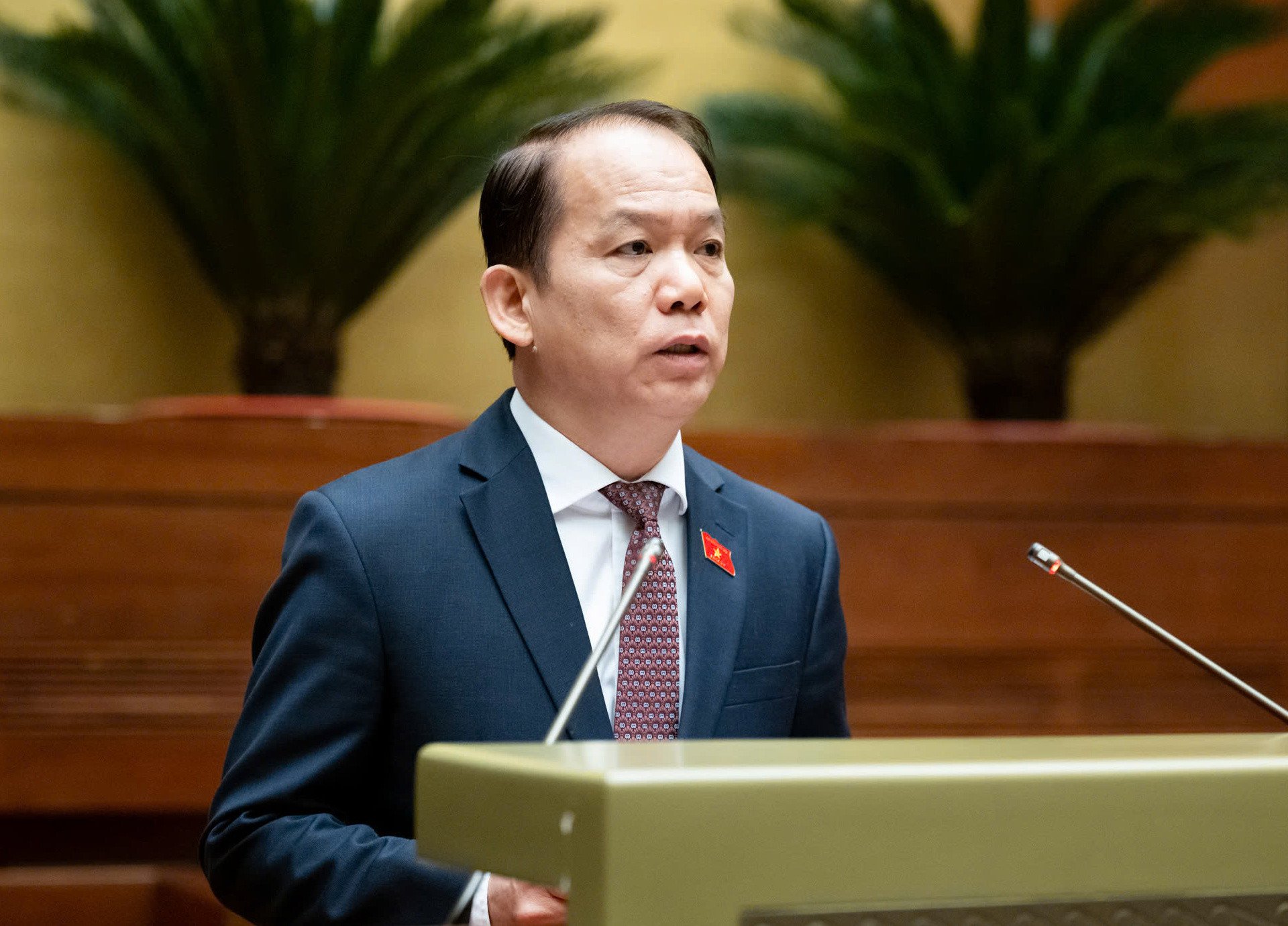
Implementing synchronous and comprehensive innovation of the political system's apparatus, building a truly streamlined and appropriate local government organization model at the right time.
The review agency recommends that the Government continue to comprehensively summarize and evaluate the organization of urban government models in localities, on that basis, propose a suitable local government organization model for comprehensive, synchronous and unified implementation nationwide.
Regarding the Law on the Capital, the Law Committee finds that the provisions in the draft basic law do not significantly affect the implementation of the Law on the Capital.
However, the provisions on decentralization, authorization and accountability mechanisms when implementing decentralization and authorization in the draft Law on Organization of Local Government have changed significantly compared to the provisions of the current law, especially in strengthening the accountability regime for decentralized agencies and individuals, properly implementing the policy of "locality decides, locality acts, locality is responsible".
Therefore, the examining agency proposed that the draft law should clearly identify the agencies under Hanoi city that do not implement the relevant provisions of the Capital Law. These contents will be implemented according to the new provisions of the Law on Organization of Local Government.
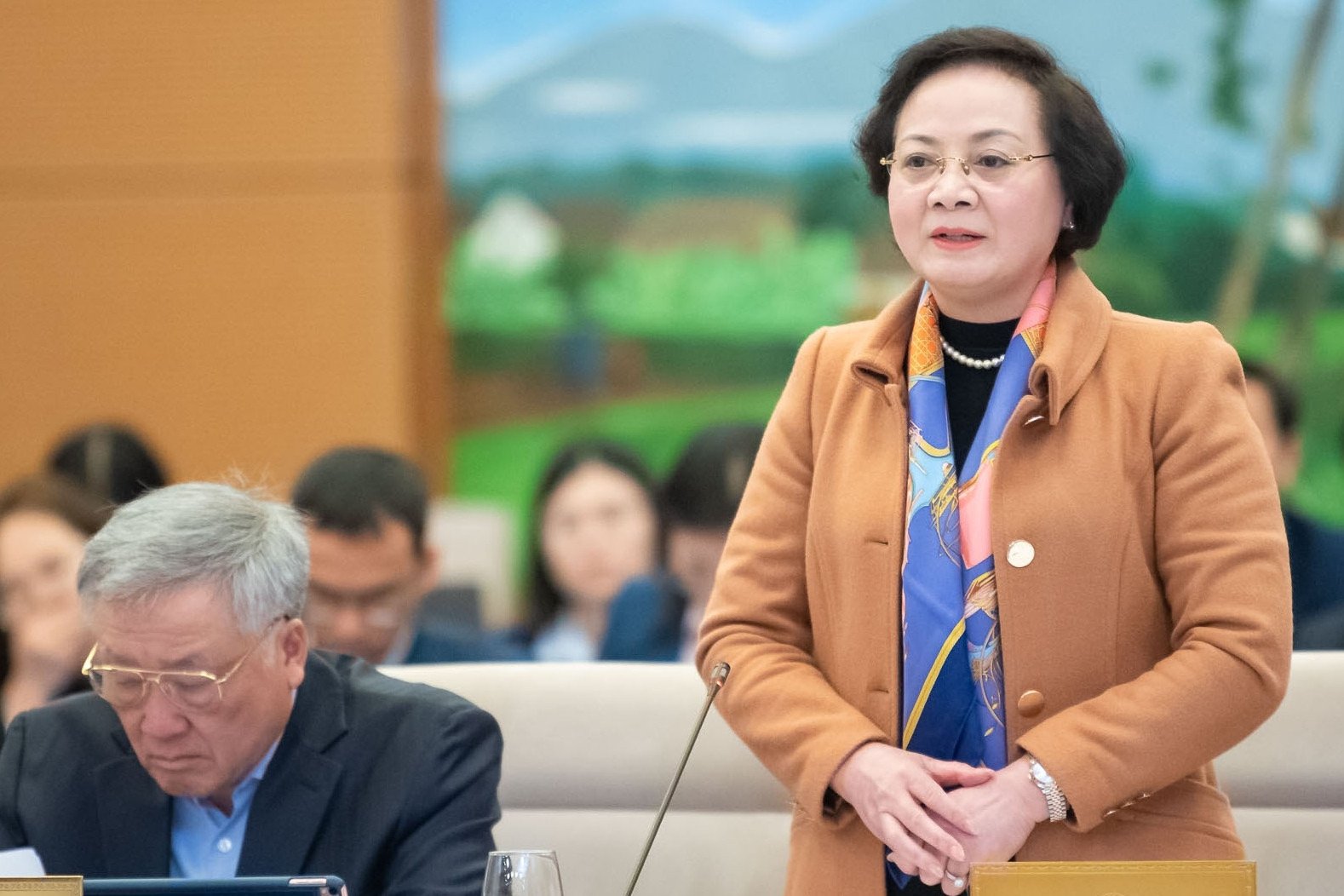
Minister of Interior supports mayor and governor model in local governance
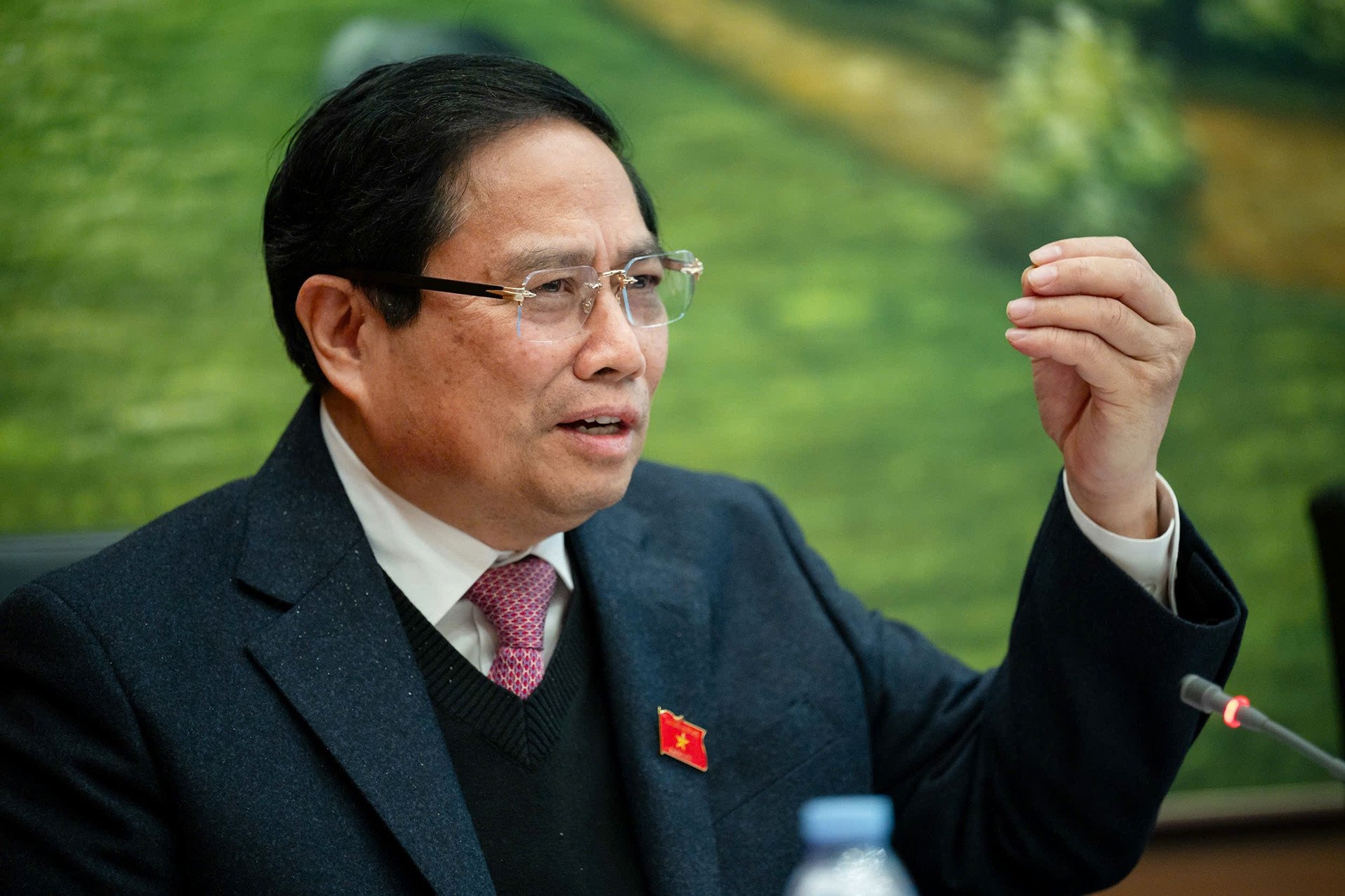
'There are things assigned to the Prime Minister, seemingly with great power but in reality not suitable'
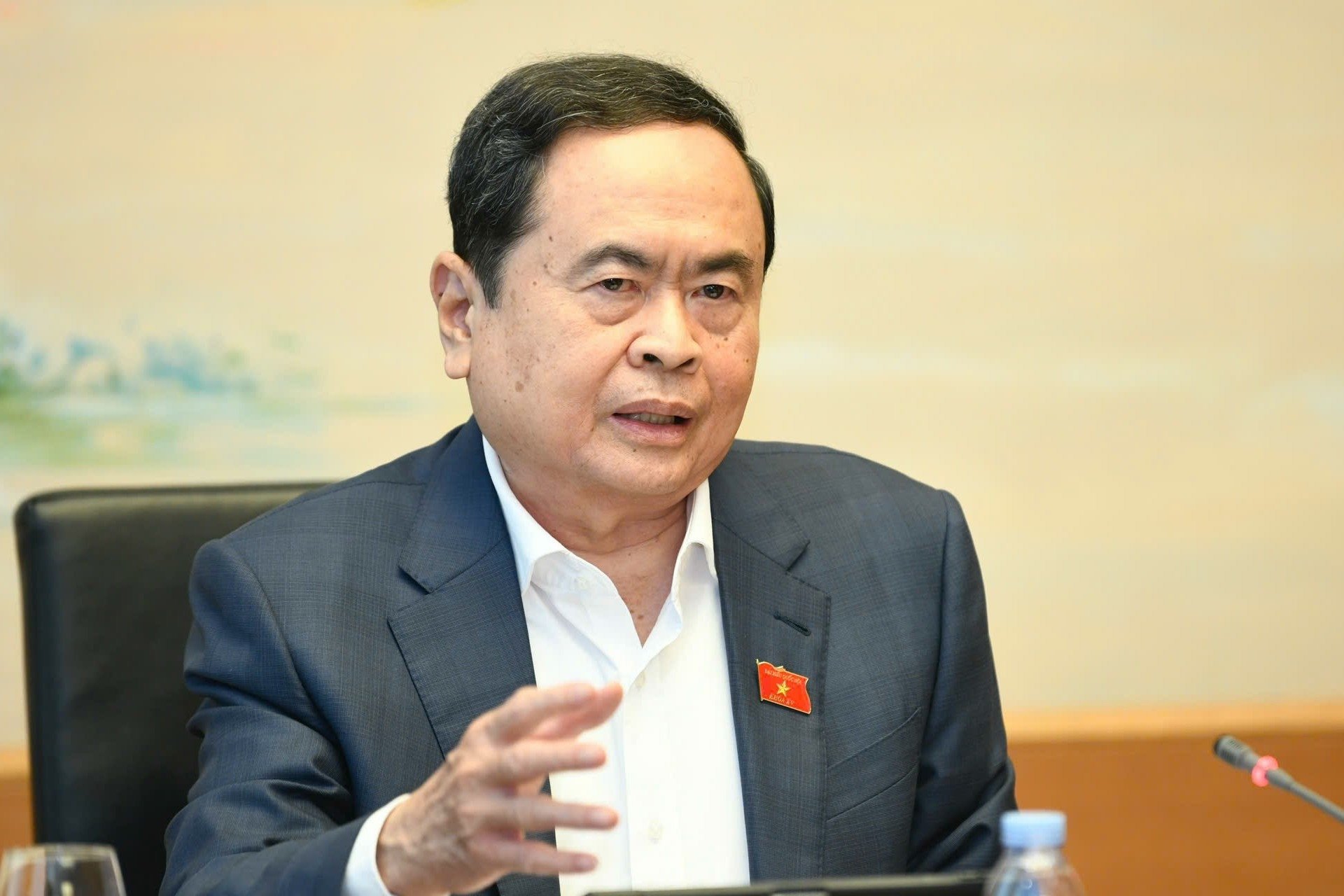
The National Assembly shifts more roles to the Government for flexible management.
Source: https://vietnamnet.vn/bo-de-xuat-khong-to-chuc-hdnd-tai-cac-xa-o-do-thi-2370765.html






![[Photo] Prime Minister Pham Minh Chinh works with the Standing Committee of Thai Binh Provincial Party Committee](https://vphoto.vietnam.vn/thumb/1200x675/vietnam/resource/IMAGE/2025/5/12/f514ab990c544e05a446f77bba59c7d1)
![[Photo] Prime Minister Pham Minh Chinh receives Swedish Minister of International Development Cooperation and Foreign Trade](https://vphoto.vietnam.vn/thumb/1200x675/vietnam/resource/IMAGE/2025/5/12/ae50d0bb57584fd1bbe1cd77d9ad6d97)


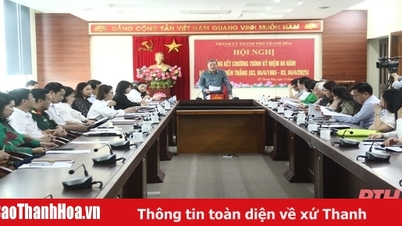





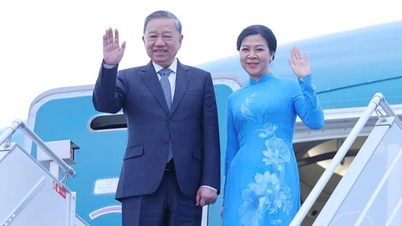




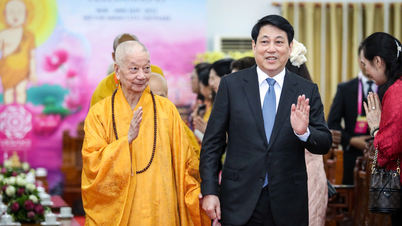












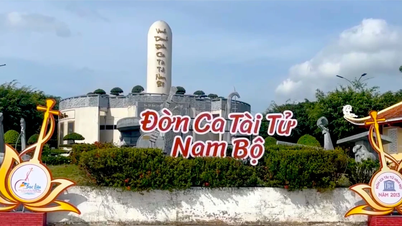











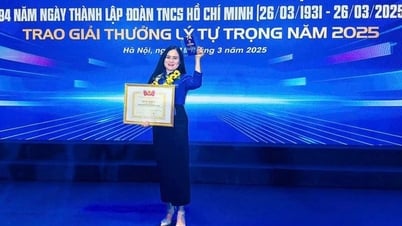


















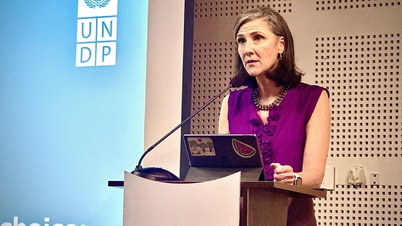

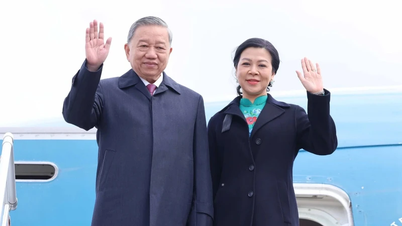
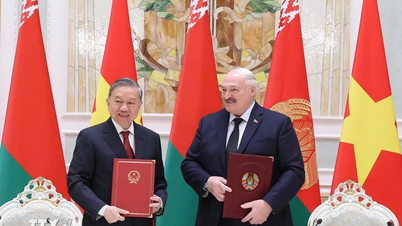

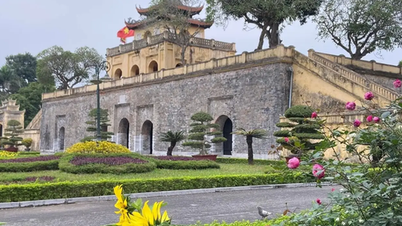





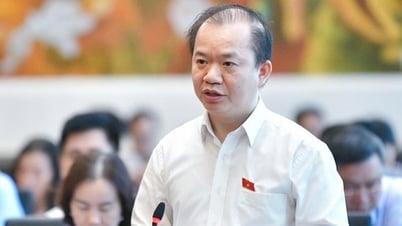
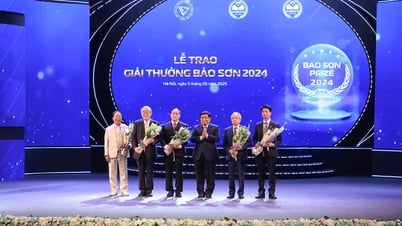






















Comment (0)